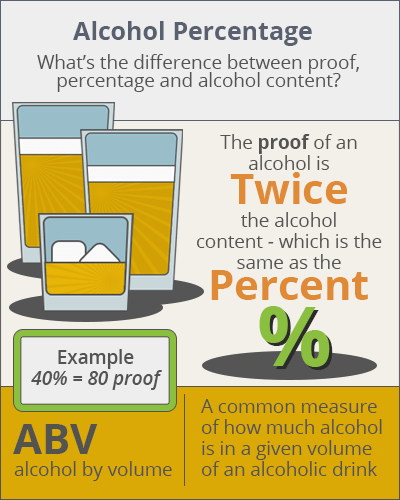Discover the surprising truth about how many beers it really takes to get intoxicated and how individual tolerance levels vary.

Image courtesy of Anete Lusina via Pexels
Table of Contents
Have you ever wondered how many beers it takes for someone to get drunk? The answer to this question is not as straightforward as you might think. In this blog post, we’ll delve into the science behind alcohol metabolism, individual tolerance levels, and various factors that can influence intoxication levels.
Alcohol Metabolism
Alcohol metabolism is a complex process that occurs in the liver. When you consume alcohol, enzymes in your liver break it down into acetaldehyde, a toxic substance. This acetaldehyde is then further broken down into acetate, which is eventually eliminated from the body. The rate at which your body metabolizes alcohol can vary based on several factors.
Factors such as gender and age can play a significant role in alcohol metabolism. Generally, women tend to metabolize alcohol at a slower rate than men due to differences in body composition and enzyme activity. Additionally, as we age, our metabolism tends to slow down, which can also impact how quickly we process alcohol.
Individual differences in metabolism can also affect how quickly someone gets drunk. Some people have genetic variations that can influence how efficiently their bodies break down alcohol. These variations, combined with factors like overall health and liver function, can contribute to differences in alcohol metabolism among individuals.
Individual Tolerance Levels
Tolerance refers to the body’s ability to handle increasing amounts of alcohol. People who regularly consume alcohol may develop a higher tolerance compared to those who drink less frequently. This increase in tolerance is due to the body becoming more efficient at metabolizing alcohol over time.
Genetics can also play a role in determining an individual’s tolerance level. Some people may have genetic factors that make them more or less susceptible to the effects of alcohol. For example, certain genetic variations can affect the enzymes responsible for breaking down alcohol, leading to differences in how someone responds to alcohol consumption.
Factors Influencing Intoxication
Several factors can influence how intoxicated someone gets after consuming alcohol. One important factor is food consumption. Eating before or while drinking can slow down the absorption of alcohol into the bloodstream, potentially reducing the effects of intoxication.

Image courtesy of sunrisehouse.com via Google Images
Hydration is another key factor that can impact intoxication levels. Staying hydrated while drinking can help to dilute the alcohol in your system and lessen its effects. Conversely, dehydration can intensify the effects of alcohol, making you feel drunk more quickly.
Fatigue can also play a role in how alcohol affects you. Being tired can decrease your body’s ability to metabolize alcohol efficiently, leading to increased intoxication levels. It’s essential to be mindful of your energy levels when consuming alcohol and to pace yourself accordingly.
Conclusion
So, how many beers does it take to get drunk? The answer is that it varies from person to person. Factors such as alcohol metabolism, individual tolerance levels, and various influencing factors can all play a role in determining how quickly someone gets intoxicated.
By understanding the science behind alcohol consumption and being aware of your own body’s responses to alcohol, you can make more informed decisions when it comes to drinking. Remember to drink responsibly, pace yourself, and prioritize your safety when consuming alcohol.
How does gender affect alcohol tolerance?
Answer 1: Gender can play a role in alcohol tolerance, with women generally metabolizing alcohol slower than men due to differences in body composition and enzyme activity.
Can genetics influence individual tolerance levels to alcohol?
Answer 2: Yes, genetics can play a significant role in determining an individual’s alcohol tolerance. Genetic variations can impact enzymes responsible for breaking down alcohol, leading to differences in how someone responds to alcohol consumption.
How does food consumption affect alcohol intoxication?
Answer 3: Eating before or while drinking can slow down the absorption of alcohol into the bloodstream, potentially reducing the effects of intoxication. It’s recommended to have a meal before consuming alcohol to lessen its impact.
Why is it important to stay hydrated while drinking alcohol?
Answer 4: Staying hydrated while drinking alcohol can help to dilute the alcohol in your system, lessening its effects. Dehydration can intensify the effects of alcohol, making you feel drunk more quickly. It’s essential to drink water between alcoholic beverages to stay hydrated and maintain sobriety.
Generated by Texta.ai Blog Automation
Leave a Reply